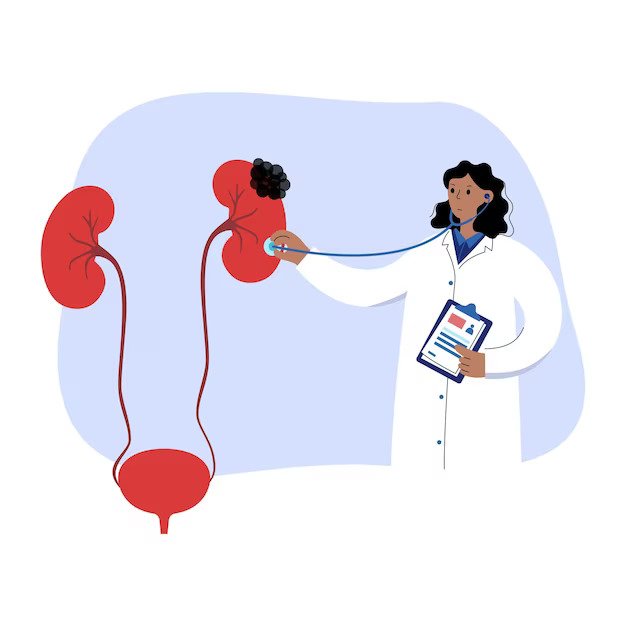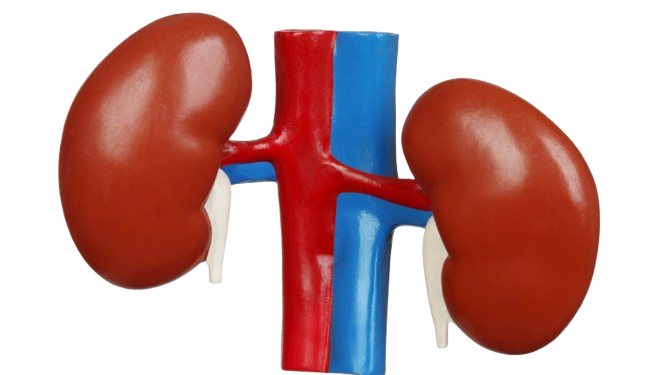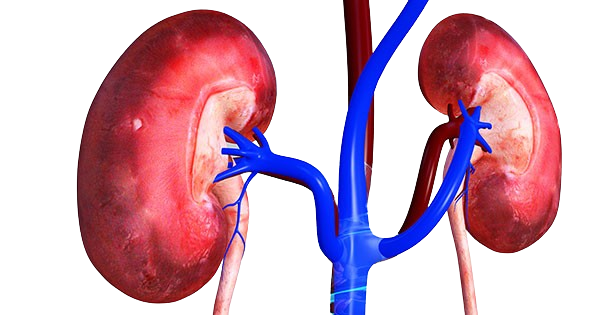Nephrotic Syndrome
Kidney infections, also known as pyelonephritis, are usually caused by bacteria that travel up the urinary tract to the kidneys. They can result from untreated urinary tract infections (UTIs) or as a complication of other conditions like kidney stones. Symptoms include fever, pain in the back or sides, painful urination, and nausea. Treatment typically involves antibiotics, and in severe cases, hospitalization may be required. Early treatment is important to prevent kidney damage and other complications.This condition can affect children and adults, and can be a result of other underlying kidney diseases such as glomerulonephritis or diabetic nephropathy.

Causes of Nephrotic Syndrome
- Primary Kidney Diseases: Conditions like Minimal Change Disease, Focal Segmental Glomerulosclerosis (FSGS), and Membranous Nephropathy can directly cause nephrotic syndrome by affecting the kidneys’ filtering units.
- Diabetic Nephropathy: Chronic diabetes can damage the kidney’s blood vessels, leading to nephrotic syndrome.
- Lupus Nephritis: Lupus, an autoimmune disease, can cause inflammation and damage to the kidneys.
- Medications: Drugs such as nonsteroidal anti-inflammatory drugs (NSAIDs) or antibiotics can sometimes cause nephrotic syndrome as a side effect.
- Genetic Factors: Inherited kidney conditions, like Alport syndrome, can lead to nephrotic syndrome.


Symptoms of Nephrotic Syndrome
- Swelling (Edema): Swelling around the eyes, legs, feet, or abdomen due to fluid retention.
- Proteinuria: Foamy or frothy urine due to the high levels of protein in the urine.
- Hypoalbuminemia: Low levels of albumin in the blood, which leads to fluid leakage into tissues and swelling.
- Hyperlipidemia: High levels of cholesterol and lipids in the blood.
- Fatigue and Weakness: Reduced kidney function leads to a buildup of toxins in the body, causing fatigue
- Increased Risk of Infections: Protein loss can weaken the immune system, making the body more vulnerable to infections.
